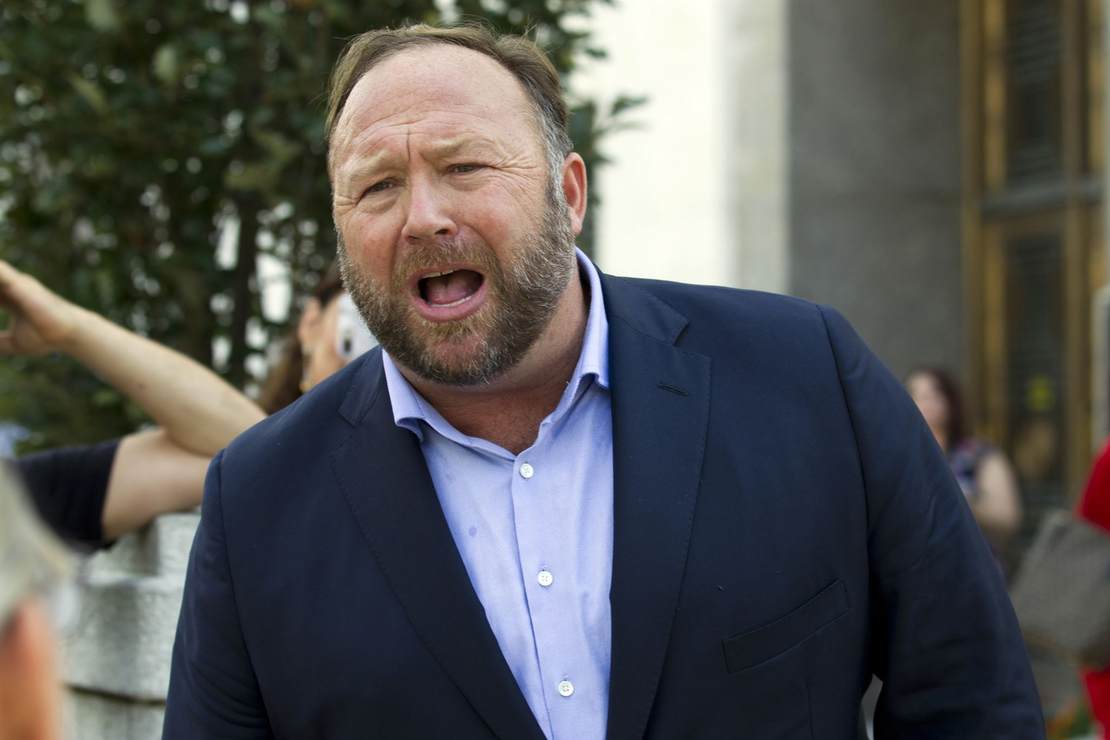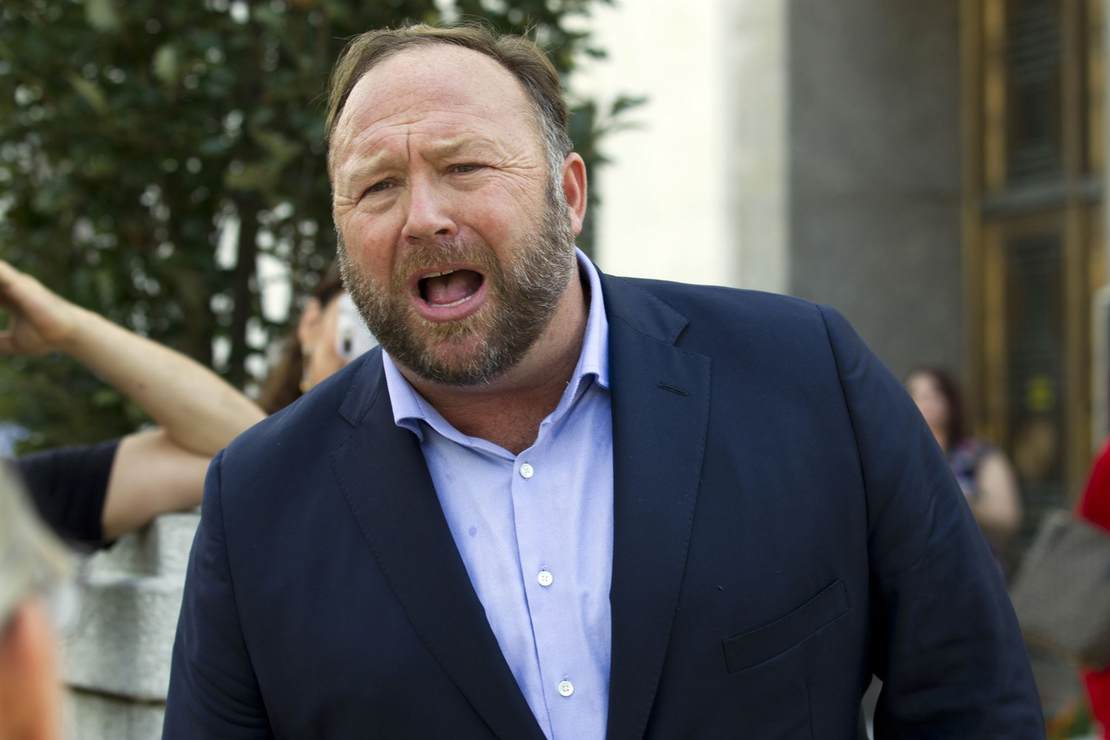
When Elon Musk finally finalized his takeover of Twitter, free speech advocates across America rightly cheered his arrival. The new Twitter boss began making major changes on his first day on the job, including the process of reinstating several high-profile accounts previously banned, including that of Donald Trump.
Just one problem.
Musk angered other free-speech “purists” after he announced that he wouldn’t reinstate the account of Infowars lunatic conspiracy theorist Alex Jones.
Jones, of “false flag” infamy, exploited for years the horrific massacre by 20-year-old Adam Lanza at Sandy Hook Elementary School in 2012, openly dismissing without merit police and news reports about the terrible shooting that left 26 people dead — 20 of whom were 6-7-year-old children. Jones even insisted that “crisis actors” portrayed grieving parents in the shooting aftermath.
Yet, untold numbers of Twitterers vehemently protested Musk’s decision — with this common thread:
Elon not allowing Alex Jones back on twitter because of personal biases is the antithesis free speech, and very hypocritical to what he claimed he was going to do with this platform.
Is it really the antithesis of free speech?
Elon not allowing Alex Jones back on twitter because of personal biases is the antithesis free speech, and very hypocritical to what he claimed he was going to do with this platform. ¯_(ツ)_/¯
— Barrington Martin II (@_BarringtonII) November 21, 2022
Is Musk the hypocrite the train of thought portrays him to be? Of course, not.
In response to a similar tweet, Musk responded with a Matthew 19:14 quote from Jesus:
Suffer little children, and forbid them not, to come unto me: for of such is the kingdom of heaven.
Applicable?
Suffer little children, and forbid them not, to come unto me: for of such is the kingdom of heaven
— Elon Musk (@elonmusk) November 21, 2022
As the “uproar” continued, Musk responded in a personally poignant way:
My firstborn child died in my arms. I felt his last heartbeat.
I have no mercy for anyone who would use the deaths of children for gain, politics, or fame.
Regardless, the attacks continued.
My firstborn child died in my arms. I felt his last heartbeat.
I have no mercy for anyone who would use the deaths of children for gain, politics or fame.
— Elon Musk (@elonmusk) November 21, 2022
So why did Jones do it?
As reported by Reuters in September, Infowars at its height drew millions of followers with bogus claims about the Sandy Hook massacre and made as much as $800,000 a day selling supplements, doomsday supplies, and other products. One of Jones’s lawyers countered that the grieving families were “exaggerating their harm for political reasons” and viewing a big damages award as a “weapon” to silence Infowars.
Justice was served on October 12, when Jones was ordered to pay nearly $1 billion in compensation to families of Sandy Hook victims. Jones’s years of delusional conspiracy theories, while crazy, were one thing, but exploiting the violent deaths of multiple young children for years and the trauma he continued to cause untold numbers of parents and relatives of dead kids was and remains inexcusable.
While some predictably went off the rails over the size of the award, the amount was immaterial, as it is in all such cases. Final settlements will be a fraction of $1 billion — given Jones ever pays a dime.
But the more salient point is this: While unlimited free speech might exist in the utopian minds of some, it is a fallacy in real life, and thus it should remain. The notion that “If one truly believes in free speech, he or she should support all free speech” is a flawed argument. Think about it.
Should people who advocate for violence — say, the assassination of a president or other political leader — be given the opportunity to freely do so on Twitter or any other social media platform? Or, perhaps the bombing of a federal building? The list of examples is never-ending, but here’s the point: If the answer is “of course not” to any or all of the above, then agreement exists that not all speech should be free, bringing us to the question of where the line should be drawn.
Differences in opinion on where the line should be drawn, and on which side of that line Alex Jones should reside continue — as they should. But let’s be honest, shall we? An unknown percentage of those who decry Jones’s ban believe most if not all of the nonsense he spews.
All things considered, the suggestion that Elon Musk somehow reneged on his “free speech” pledge by refusing to allow Alex Jones to return to Twitter is not an opinion to which I subscribe.
Related on RedState VIP:
Trending on Redstate Video


